Health and Happiness in Your Own Backyard
“Live longer, better” is the premise behind the Blue Zones—areas of the world where people live longest, healthiest and happiest.
We’re fortunate to live in one of the healthiest and happiest regions in the world. B.C. is ranked the healthiest province in Canada with the longest life expectancy (82.2 years) and the lowest obesity rates (19%). And while it’s not an official Blue Zone, Vancouver Island has four of the top 10 municipalities with the highest proportion of people over age 85 in Canada. Factors like access to year-round outdoor activity, the popularity of organic, vegan and gluten-free food, and a long, mild growing season all benefit our health, happiness and longevity.
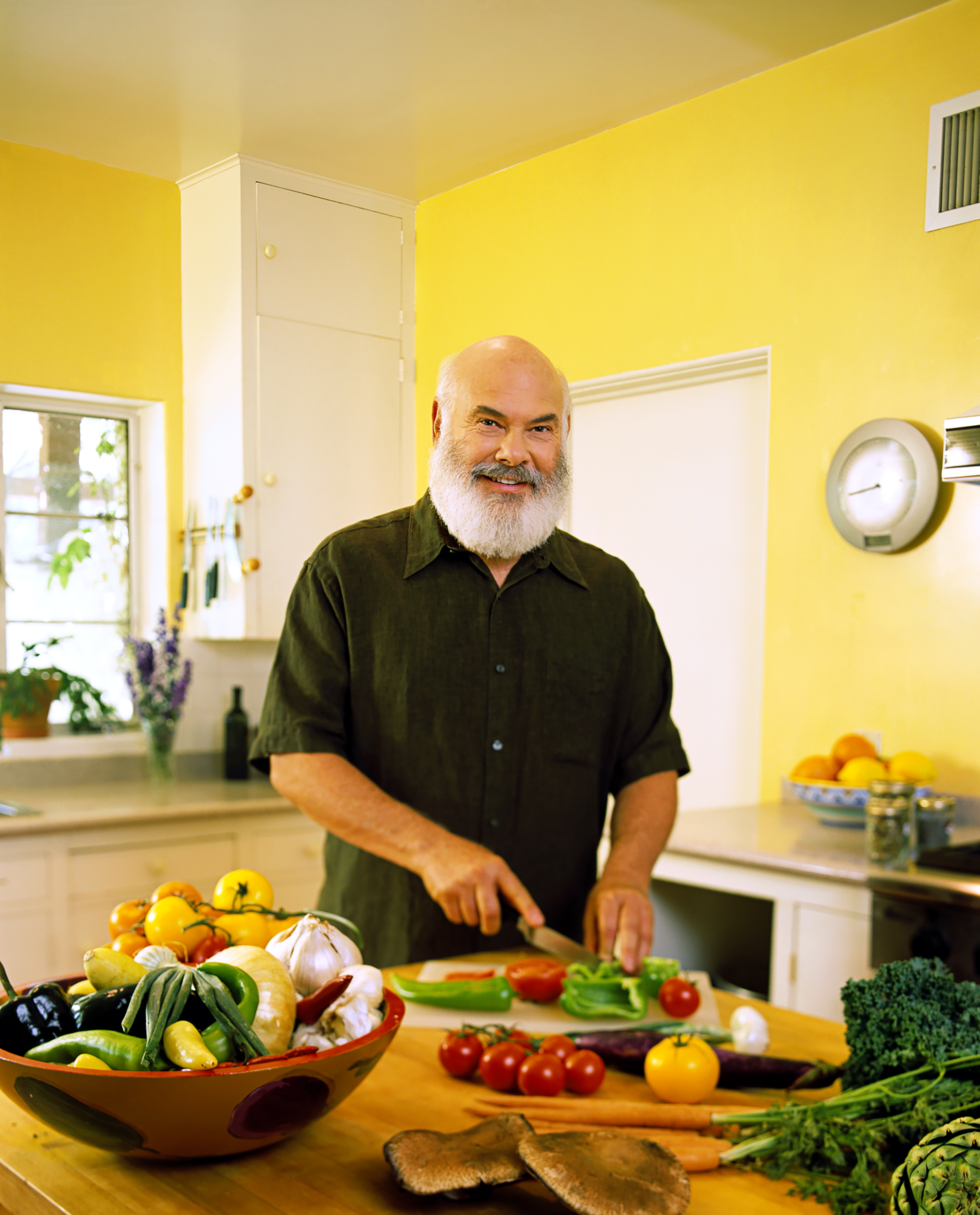 Two health and happiness experts who make their second homes on B.C. Gulf Islands, and who happen to be seniors, believe that gardening, community connections and philanthropy are contributors to a long and happy life.
Two health and happiness experts who make their second homes on B.C. Gulf Islands, and who happen to be seniors, believe that gardening, community connections and philanthropy are contributors to a long and happy life.
Dr. Andrew Weil, the 78-year-old Tucson, AZ-based celebrity doctor known as one of the founders of integrative medicine, spends his summers on Cortes Island.
“The first time I took the ferry over to Cortes Island I was just knocked out by the beauty. I love the physical environment and also the culture around health,” he says. “Cortes people grow a lot of their own food and eat well, spend much time outdoors, hike and walk in the forest, swim in the lakes, and are generally active. They also enjoy a strong sense of community and take advantage of the many practitioners on the island like body workers, acupuncturists and herbalists.”
Weil has appeared on The Oprah Winfrey Show and Time magazine covers, has written 14 books on healthy living and has a chain of True Food Kitchen healthy food restaurants across the U.S. He was introduced to Cortes around 1983 when he was invited to teach at Hollyhock, the island’s health and wellness retreat centre that specializes in homegrown organic, vegetarian meals.
He visited year after year and finally found a place to grow his own West Coast garden. Weil’s purchase in 2002 of 120 acres of mostly forested property was brokered through The Nature Trust of BC to protect it from potential clearcutting. “It’s something I’m proud of.”
Here he grows and forages the food that is the foundation of his celebrated anti-inflammatory diet, which is designed to help prevent the chronic inflammation that contributes to disease like cancer, Alzheimer’s and Parkinson’s.
Weil’s anti-inflammatory diet and the diet of people living in Blue Zones consist of mainly whole plant foods and have daily doses of beans and nuts and very little meat, dairy, eggs and sugar.
“No home is complete without a garden,” he says. He eats salad daily, so he grows a variety of lettuces and tomatoes, brassicas, sweet corn and more, and he says an herb garden is essential—both for flavour and nutrients. He also loves the local growing conditions for the abundance of berries, both cultivated and wild. “They grow so easily here! Berries have cancer-protective compounds, are low on glycogen and full of antioxidants.”
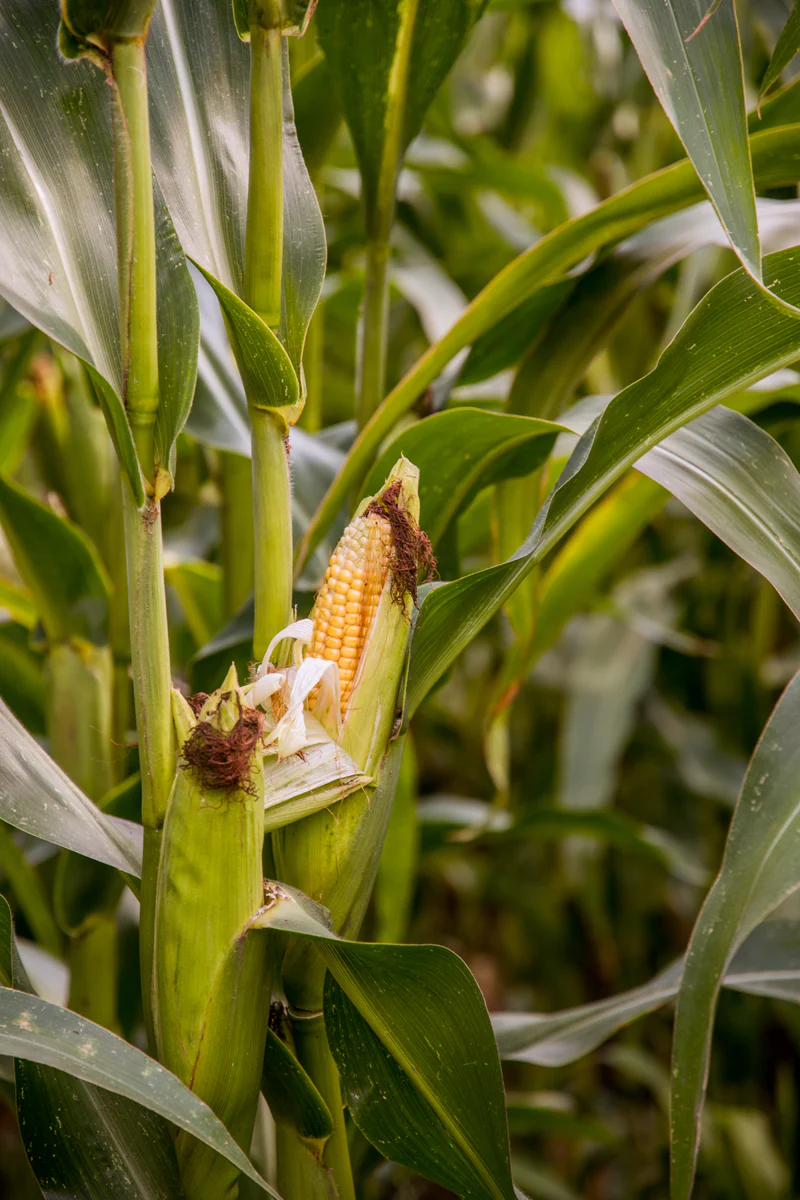
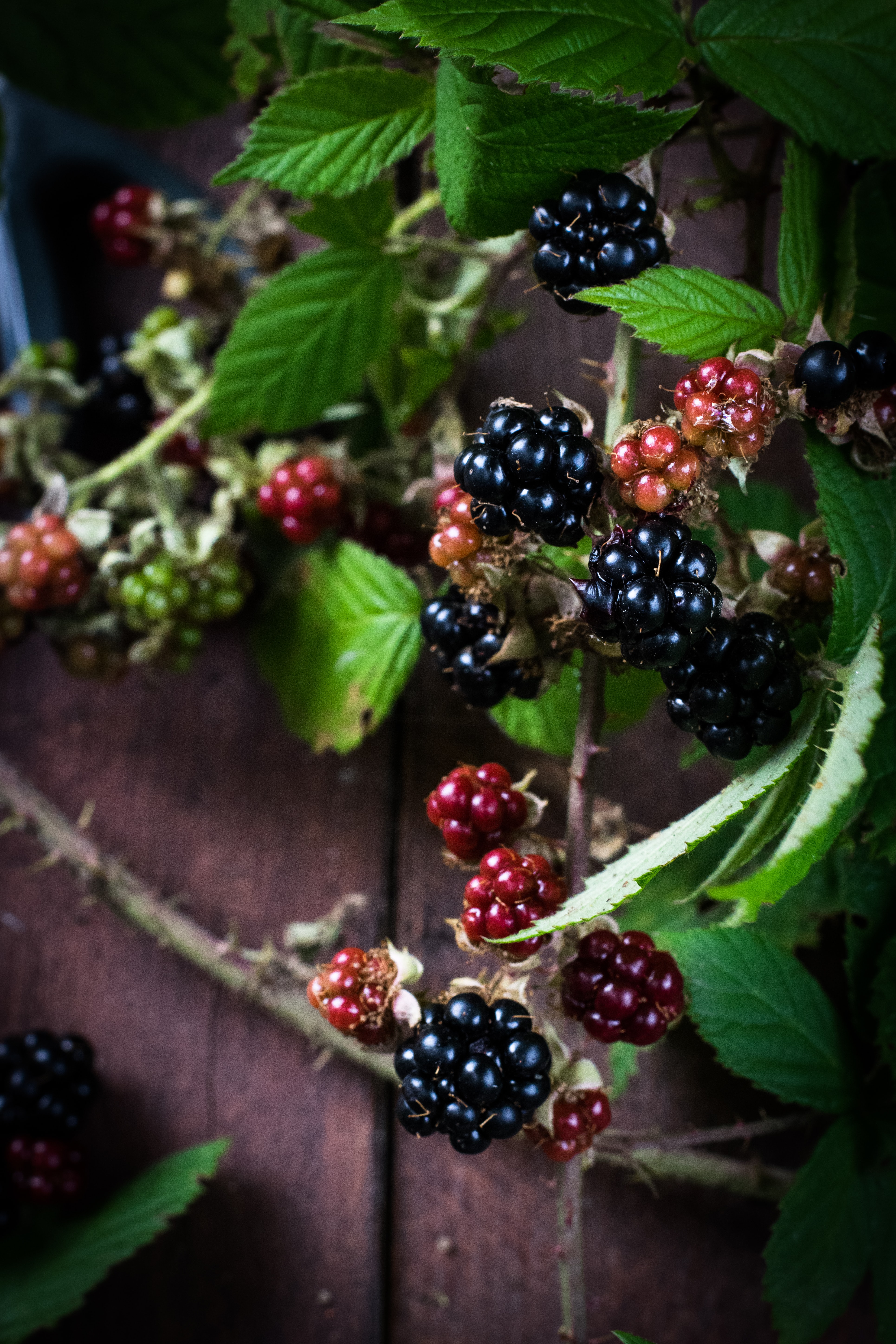
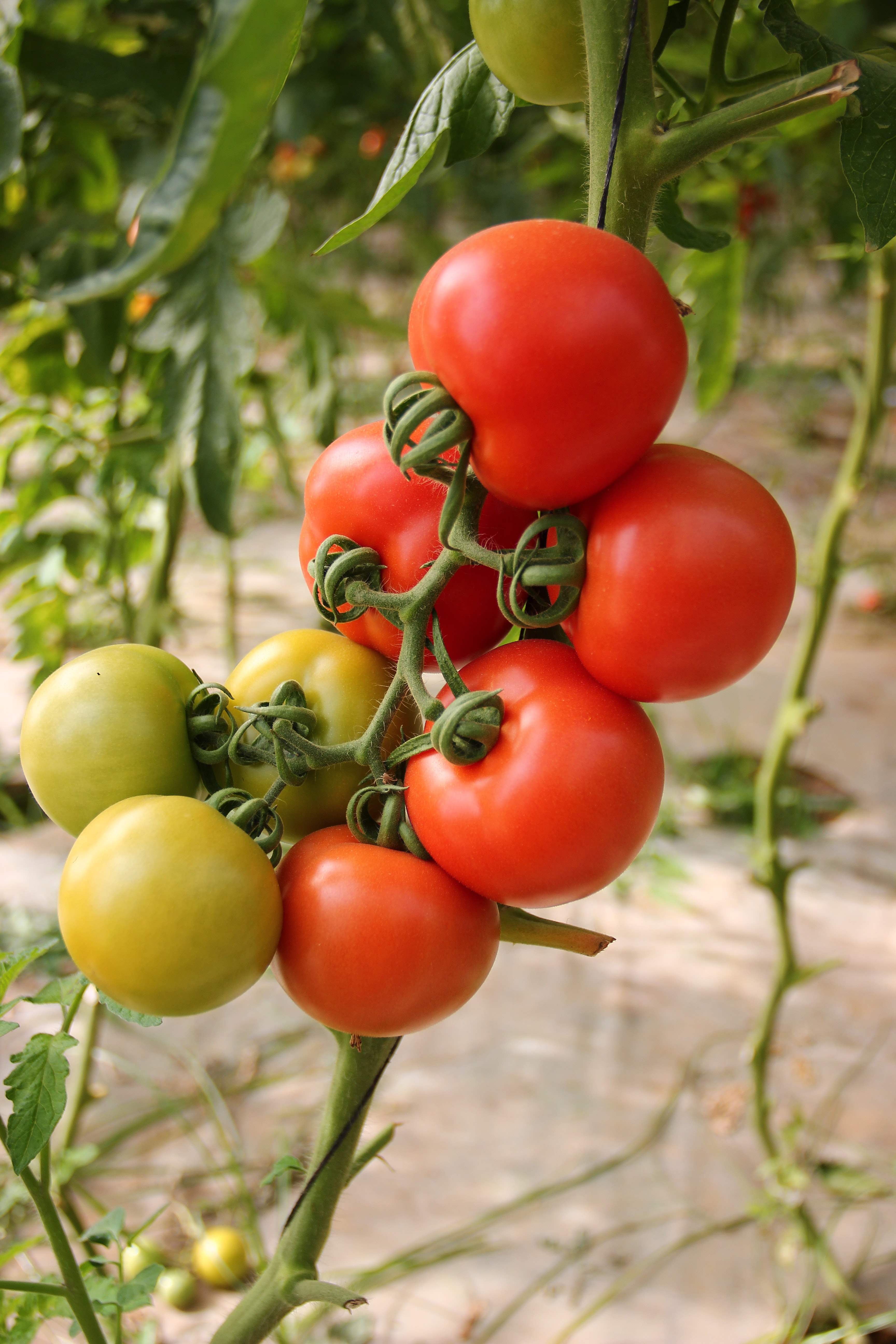
Wild foods like huckleberries, salal berries, mushrooms, stinging nettle and seaweed have an important place in a balanced diet, Weil says. “Adding wild foods to your diet adds minerals and compounds you don’t get in cultivated crops. The wider variety of foods the better.”
Balance is a theme for health, aging and stress reduction. “Our body has a tremendous capacity for healing and maintaining equilibrium. We can attend to the factors under our control: eat right, preventative medicine, exercise, get good rest, reduce caffeine, limit intake of news, and I strongly recommend breath work.”
For John Helliwell, Canadian economist and editor of the World Happiness Report (which was referenced in Dan Buettner’s book Blue Zones of Happiness), Hornby Island has been his second home for 75 years, on the remaining part of an abandoned homestead purchased in 1945. In 1966, Helliwell’s father donated almost all the property (69 hectares) to create Helliwell Provincial Park, protecting rare and endangered ecosystems, including old-growth Douglas fir and Garry oak meadows. Helliwell shares his father’s view that the property was simply “too beautiful not to share.”
The latest World Happiness Report ranks Canada as the 11th happiest out of 156 countries. There is no provincial or regional breakdown on happiness in Canada, but Helliwell has Statistics Canada life satisfaction data showing Hornby and other Gulf Islands—historically areas of small-scale agriculture and farming—as happy zones.
“A century ago, several Gulf Islands were market gardens for export to Vancouver Island and the mainland. Gardening is generally a happy time for people. But they are even happier if they are doing it with somebody else or for somebody else.”
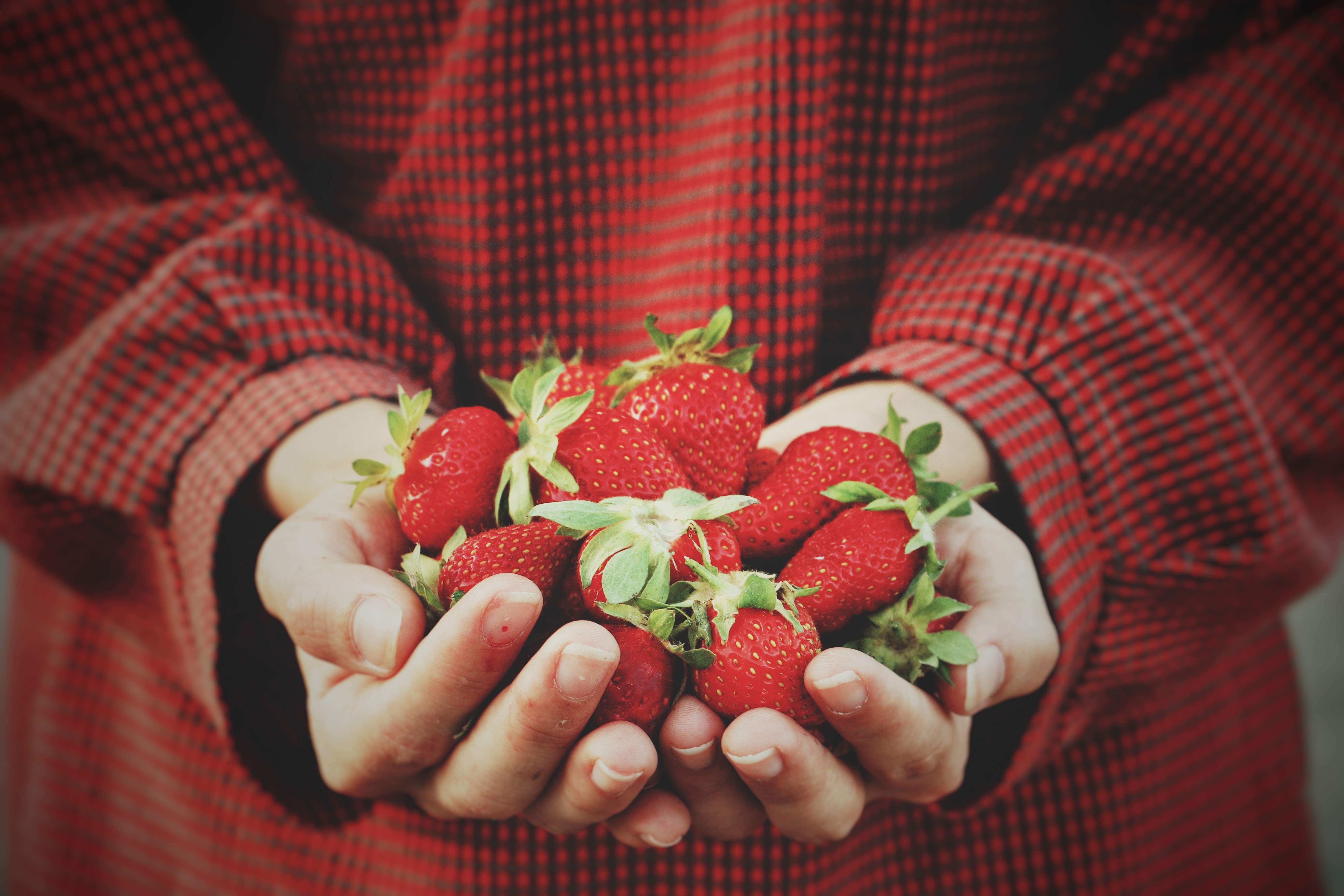
He credits his wife Millie as the gardening expert and calls her “a beacon of happiness.” In the Helliwell’s garden, set in the middle of a three-acre field cleared a century ago with a horse-drawn stone-boat, Millie grows many varieties of tomatoes, giant beets and strawberries, and says last season’s raspberries “were incredible.”
Gardening fosters resiliency and connections. Helliwell has learned, both from his World Happiness Report and as a member of the Lancet global mental health task force that, “People are astonishingly resilient if they have the availability to stay connected with others, to help and to be helped. When we reach out to help others, we are happier. This happens naturally in smaller communities and places like the Gulf Islands.”



